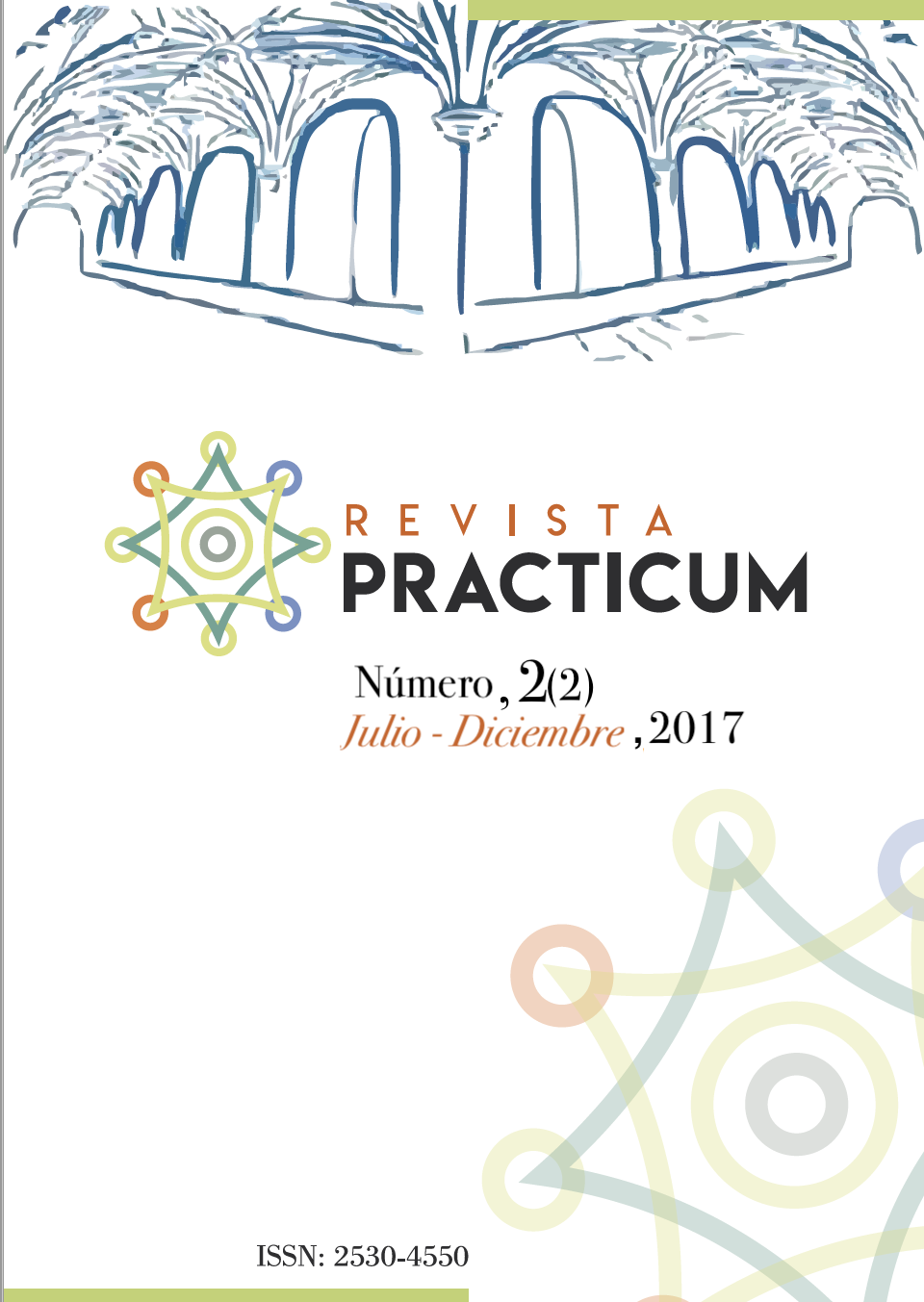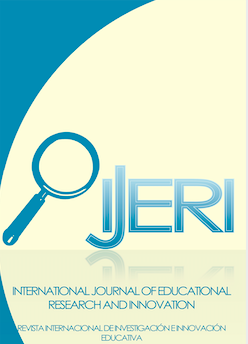Quality of pedagogical intervention in the classroom, from the perspective of teachers and students
DOI:
https://doi.org/10.24310/RevPracticumrep.v2i2.9856Keywords:
Convergence, Pedagogical intervention, Students, Teachers, PracticumAbstract
This study aims to investigate the existence of convergence between trainee teachers, performing the role of teacher in a school, and its students. In this way, we will study the way of understanding and interpreting the educational practices that these teachers use and their students experience, believing that the quality of the teaching-learning process depends, on a large scale, on this convergence. We have applied two surveys built in "mirror", to 12 teachers of Physical Education in practices and their respective high school students (288), pointing out the results for the existence of some convergences, but many more divergences. Convergences, in general, in the order of importance that they attribute to the dimensions, categories and indicators resulting from the analysis of the data, and divergences in the assessment of each of them, being evident the tendency that teachers in practices overvalue the quality of their practices relative to the opinion of their respective students. These results allow trainees to reinforce the positive points of their pedagogical intervention and become aware of the negative ones, leading them to the search for solutions.
Downloads
Metrics
References
Armour, K. (2015). The case for ‘Physical Activity Education’ through the life-course, Journal of Sport Pedagogy and Research. 1(3), 4-5. Obtido a 20-1-2017 em: https://www.ipg.pt/scpd/files/JSPR_2_1.pdf
Bardin, L. (2009). Análise de conteúdo. Coimbra: Edições 70, 95-102.
Birzea, C. (1982) La Pedagogía del Éxito. Barcelona: Gedisa, P9.
Blázquez, D. (2013) Diez competencias docentes para ser mejor profesor de Educación Física – La gestión didáctica de la clase (pp 28 e 42). Barcelona: INDE.
Bogdan, R. e Biklen, S. (1994). Investigação Qualitativa em Educação. Porto: Porto Editora.
Font, C. (2007), Estratégias de Ensino e Aprendizagem, col. práticas pedagógicas, Porto, ASA editores, pp 10.
Formosinho (2001), A Formação prática de professores. Da prática docente na instituição de formação à prática pedagógica nas escolas, in Bártolo Paiva Campos (org.). Formação Profissional dos Professores no Ensino Superior, Porto:Porto Editora, pp 46-64.
Furlan, M. I. (2006). Avaliação da aprendizagem escolar: convergências e divergências entre os atores do processo de uma escola pública de ensino médio. Tese de mestrado. Universidade Oeste Paulista. S. Paulo-Brasil
Iberico, Valle & Pease (2016), Students and Techers’ Perceptions of the Most valued Teaching Actions, Athens Journal of Education, may 2016, pp 105-119.
McCaughtry, N., Tischler, A. & Flory, S. (2008), The Ecology of the Gym: Reconceptualized and Extended, Quest, 60, pp 268-289.
Murcia, Galindo, Gimeno (2009), Revista Educación 355. Mayo-Agosto 2011, pp 381-403. Acedido em 29/08/2017. http://www.espacoacademico.com.br/052/52pc_silva.htm
Pestana, M.H. & Gajeiro J.N. (2003), Análise de dados para as Ciências Sociais: A Complementaridade do SPSS (4ª edição), Lisboa: Edições Sílabo
Queirós, P. (2014), Da formação à profissão: O lugar do estágio profissional, in O estágio profissional na (re)construção da identidade profissional em Educação Física, coordenação de Batista, P., Graça, A. & Queirós, P., Ed. UPorto, p71.
Rosado A. e Ferreira V. (2009), Promoção de ambientes positivos de aprendizagem, in Rosado A. e Mesquita I., (org.) Pedagogia do Desporto, pp 185-206, Lisboa, Edições FMH.
Zabalza, M. (2016).El Practicum y las prácticas externas en la formación universitaria, Revista Prácticum (editorial), Vol. 1, Nº. 1, pp 1-23. Acedido em 2/09/2017 http://revistapracticum.com/index.php/iop/article/view/15
Downloads
Published
How to Cite
Issue
Section
License
Acceptance of the work implies that the author grants Revista Prácticum the exclusive rights to reproduce, distribute and sell his or her work worldwide, both in digital and paper formats, CD-ROM, etc.
Likewise, the authors shall grant Revista Prácticum the rights of dissemination, public communication on the Internet and IT networks, data buses, as well as any other portals or electronic devices for online consultation of its contents and extracts, under the conditions of the portal, repositories or databases where the work is stored.
Revista Prácticum allows authors to publish and disseminate their articles and works on their personal websites, research teams, institutional repositories and scientific databases. All this in accordance with the Creative Commons 4.0 License









8.png)








